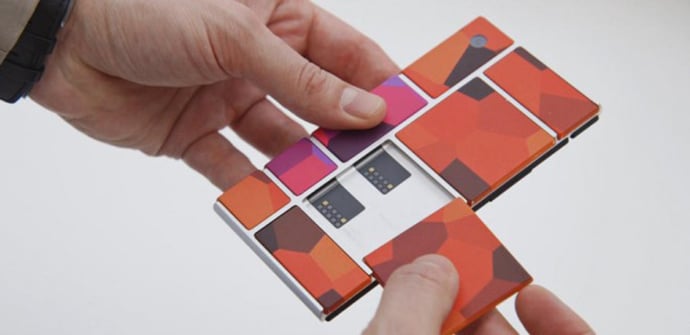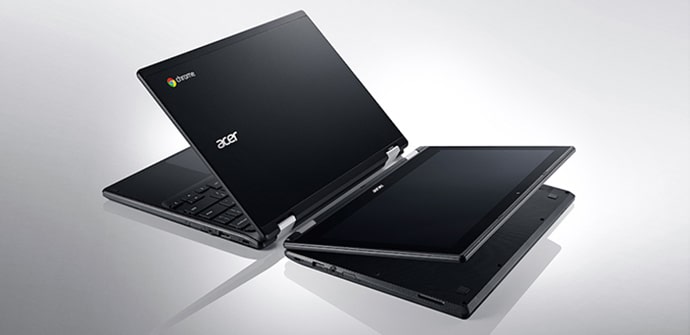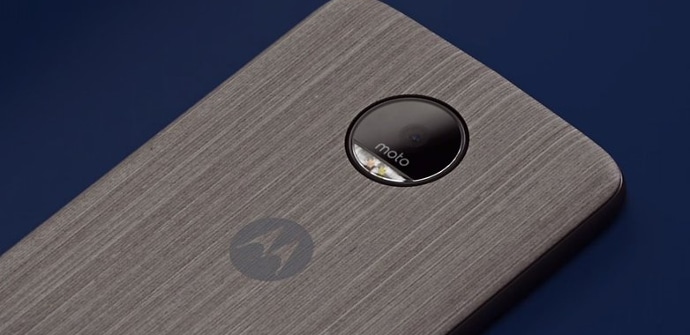
Google has given a lot to talk about in recent days. In the middle of last week, we told you that the Mountain Viewers have decided to put Nexus aside not only in form, but also in substance. With this measure, the company seeks to control the entire production process of its tablets and smartphones, from design to sale, through manufacture, something that has so far been the responsibility of several companies. With this, the technology company aims to position itself as a totally independent brand capable of competing against the largest in the sector.
However, in other fields, the popular search engine has also been taking several important steps during 2016. On the one hand, in the field of virtual reality through Project Tango and the marketing of the first tablets with this feature. On the other, through Project Ara, the initiative launched by the American company based on the creation of modular devices and which, together with LG, has positioned it as a pioneer in this field. However, Google has decided to keep it in the drawer, at least for now. Below we will tell you more about this decision and how it can influence the direction of the trends of the next terminals that go on the market.

What is Ara?
A few months ago we told you more about this initiative that, in its day, seemed to have a future and represented the birth of a new generation of devices. Its basis, as we recall, was based on the division of devices into modules. Each of them corresponded to the different elements of the terminals such as the battery or the cameras. The basis of Project Ara was the possibility of replace them by some more in line with the needs or preferences of consumers in order to offer a more personalized experience and at the same time, to keep them updated for a longer period of time.
The cancellation
Some specialized portals have echoed Google's decision Through anonymous sources from the same company that state that modular terminals from Mountain View are currently not among the priorities of the company, which seems to focus its efforts in the coming months on other larger platforms such as Chromebooks or also, in the manufacture of their own devices that, as we recalled before, would also have an impact on the Nexus series.

Because right now?
After years of research that has been full of light and shadow, the first Project Ara device was expected to go on sale this fall almost a year late. However, a new series of setbacks made the Mountain Viewers postpone their arrival until 2017. The most important problem was the fragmentation of the devices and the separation of all the modules if the terminals suffered falls or bumps, despite the fact that in terms of performance and coupling of the different custom components, the smartphones had performed well. It is curious to see how its suppression has taken place just now when the presentation of the first terminal belonging to this initiative was presented at the Google I / O in 2014. As we recalled before, the most recent focus on other lines of business has been one of the keys.
The end of modular phablets?
2016 is being a year of very rapid changes in the consumer electronics sector. In the field of terminals with interchangeable modules, we have already been seeing the arrival of models such as the G5, the bet of the South Korean LG. However, there are other companies that are taking their first steps in this field, as is also the case with Motorola, which is expected to market Moto Z during the last months of this exercise and characterized by being able to add elements such as speakers or a projector called Moto Mods. Will we be in front of successful terminals, or nevertheless, will we have to wait a while to attend the consolidation of the devices of this new format.

The definitive ending of Project Ara?
Although everything indicates that Google has decided to put aside, at least for the moment, this initiative, the truth is that it is believed that those of Mountain View could sell the licenses from Ara to other companies to develop and create their own terminals based on this technology. Another reason that the company uses to put this project aside is the fact that currently, due to the large supply of phablets available, it would be a difficult task to successfully position the terminals of this family in the market.
With the cancellation of Project Ara, we have yet another example of how something that can become a trend can also end up relegated to the background due to circumstances that, in this case, come from the side of the market's behavior, or the decisions made by the Google's own managers. After learning more about the purpose, at least for the moment, of this initiative, and its possible causes, do you think it is a wise decision in a context in which the public is unable to absorb the arrival of new models quickly? Do you think that the proximity of dates such as the Christmas campaign would have been a good opportunity for Ara's smartphones? You have more information available on other terminals belonging to this format such as the LG G5 so that you can give your own opinion and get to know better how these devices are.